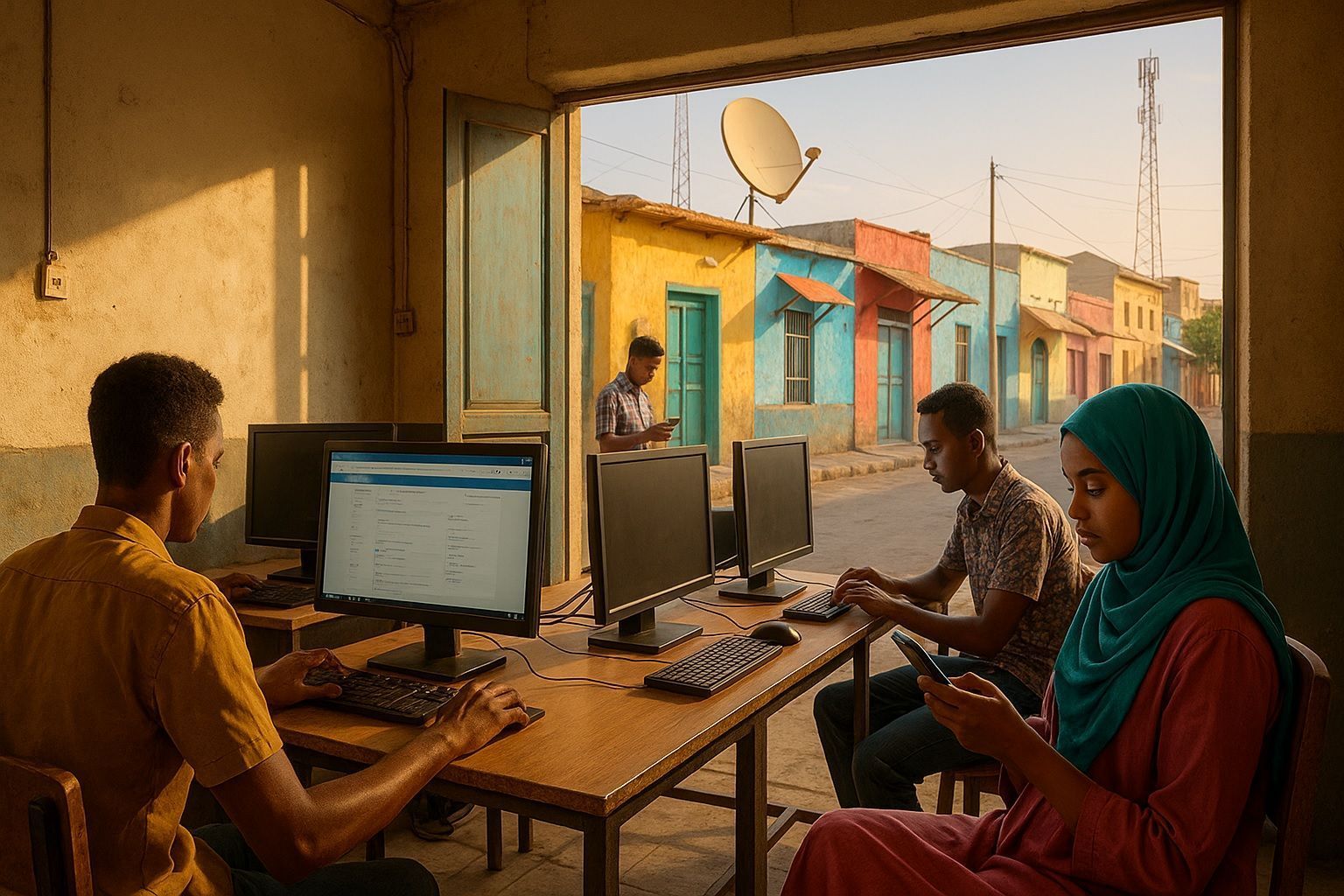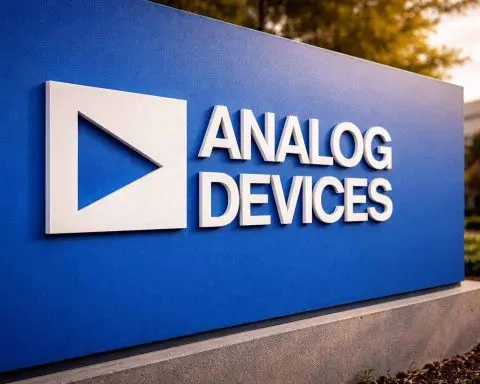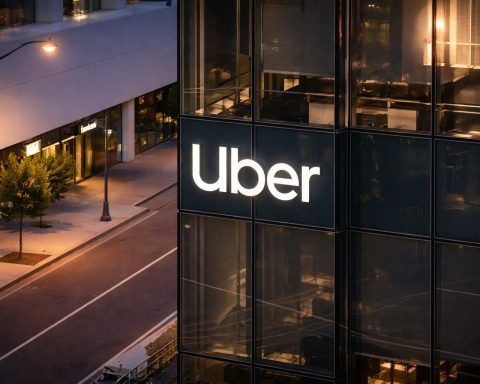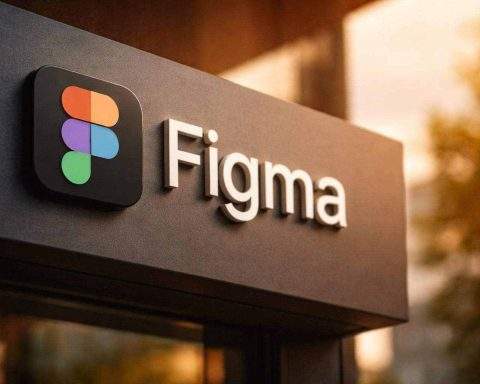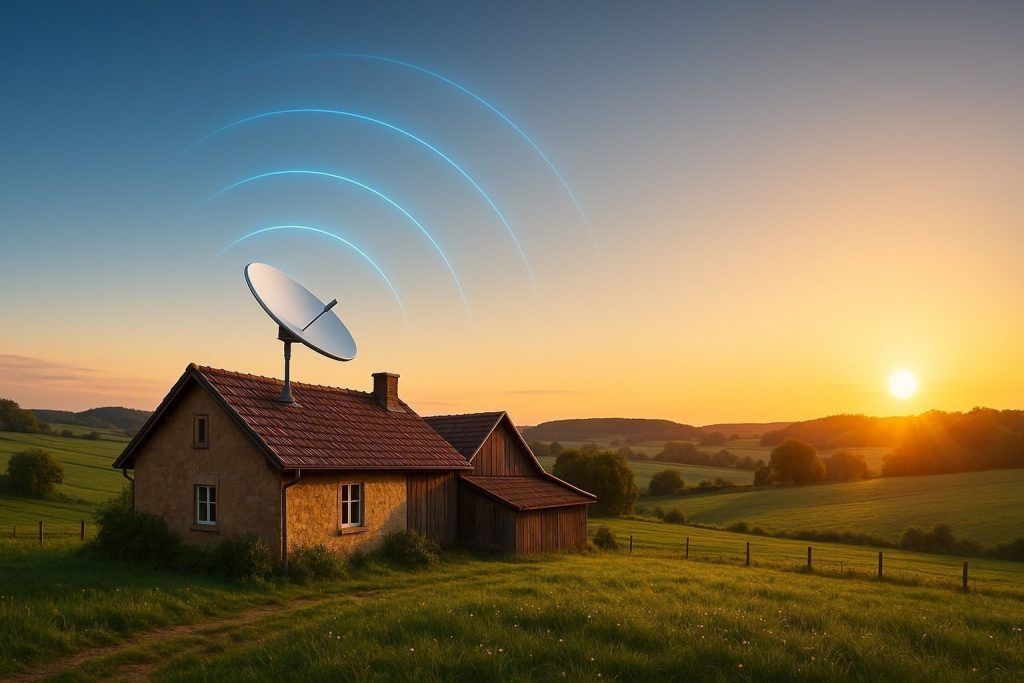- Djibouti hosts about 10–12 international undersea cables on the Red Sea coast, including SMW3, EIG, SEA-ME-WE-5/6, AAE-1, EASSy, WIOCC, Yemeni, and DARE1, linking to Europe, Asia and East/Southern Africa.
- Djibouti Telecom invested over $200 million in the last decade in landing stations and a protected submarine corridor, reinforcing Djibouti as a regional internet gateway.
- Terrestrial fiber links connect Djibouti to Ethiopia and Somalia, and AfriFiber serves thousands of homes in Djibouti City.
- The Djibouti Data Center (DDC) is the first and only carrier-neutral data center in East Africa, co-locating major cable landing points with Tier-3 colocation, peering, and the DjIX Internet Exchange.
- In 2024 Djibouti had four data centers and one active Internet Exchange Point, DjIX.
- AfriFiber completed its first fiber rollout in May 2023, delivering gigabit-capable broadband in Djibouti City.
- Google’s Blue Ramen submarine cable (Djibouti–Kenya–Somalia) is expected to go live in 2025, and TO7/Wingu Africa is preparing a new cable landing and data center at Afridata-Park.
- Djibouti liberalization milestones include the 2019 issuance of the first private ISP licenses, with ARMD regulation and the establishment of MDENI to coordinate policy.
- By early 2024, internet penetration reached 65.0% with about 744,000 internet users out of 1.15 million people, while roughly 35% remained offline.
- The World Bank committed $10 million in December 2021 to Djibouti’s Digital Foundations Project to boost competition, private investment and skills in ICT, alongside ongoing funding for ICT in the Djibouti Regional Economic Corridor (2023–24).
Djibouti has emerged as a critical connectivity hub at the crossroads of Africa, the Middle East and Asia. Its fiber-optic infrastructure is anchored by numerous submarine cables landing on its Red Sea coast – Djibouti hosts roughly 10–12 international undersea cables african.business techpoint.africa. These high-capacity links (e.g. SMW3, EIG, SEA-ME-WE-5/6, AAE-1, EASSy, WIOCC, Yemeni cable, DARE1 etc.) provide Djibouti with direct digital routes to Europe, Asia and East/Southern Africa. The state-owned Djibouti Telecom has invested heavily – over $200 million in the last decade african.business techpoint.africa – in landing stations and a protected submarine corridor, making Djibouti an essential gateway for regional internet traffic. On land, Djibouti is linked by terrestrial fiber to neighboring Ethiopia and Somalia, and increasingly by private fiber operators like AfriFiber (covering thousands of homes in Djibouti City) african.business african.business.
Djibouti also boasts growing data center capacity. The Djibouti Data Center (DDC) is “the first and only carrier-neutral data center facility in East Africa”djiboutidatacenter.com, collocating all major cable landing points with Tier-3 colocation, peering and an Internet exchange (DjIX). In 2024 there were four data centers and one active IXP in Djibouti pulse.internetsociety.org (the Djibouti Internet Exchange), all of which improve local routing and resilience. Emerging projects include Afridata-Park (a new solar-powered colocation facility with AI training services) and planned extensions of fiber inside urban areas african.business.
Mobile networks complement fixed infrastructure. The national telco (Evatis/Djibouti Telecom) rolled out 3G by 2013 and 4G by 2017 en.wikipedia.org and now offers LTE nationwide. A second operator, Somtel (part of the Dahabshiil group), also provides GSM/UMTS and 4G services across Djibouti City and beyond. Mobile penetration is high (Djibouti had 48.4% mobile subscriptions per capita in early 2024 datareportal.com), reflecting widespread cellphone use. (By comparison, internet penetration is still catching up – see below.) Other providers include private ISPs like AfriFiber (fibre-to-home broadband, launched 2023) african.business and TO7/Wingu Africa (fibre hosting and data center services).
Key Internet Service Providers
The market remains dominated by Djibouti Telecom (Evatis) – the state-owned incumbent founded in 1999 – which provides fixed-line, mobile and broadband services nationwide international.djiboutitelecom.dj african.business. Djibouti Telecom holds the legacy monopoly, leveraging its international cable network to offer wholesale connectivity to 60+ operators in 90 countries african.business international.djiboutitelecom.dj. It operates cellular networks, ADSL and enterprise data links, and even maintains teleport and data infrastructure abroad (e.g. remote points of presence in Marseille, Dubai, Singapore international.djiboutitelecom.dj).
Competition is only now emerging. In 2019 AfriFiber became the first licensed private ISP african.business, using its own fiber network to serve homes and businesses (currently thousands of households in Djibouti City). AfriFiber sells high-speed broadband (via fiber and wireless) but still depends on Djibouti Telecom for international backhaul african.business. Other new entrants include TO7 Network/Wingu Africa, which hosts cable landing stations and colocation space. TO7 is scheduled to host Google’s new Blue Ramen submarine cable, providing an alternative international route to Ethiopia and Kenya african.business. Somtel (from neighboring Somalia) also competes in mobile and broadband services and is co-owner of regional cables (e.g. DARE1). In general, the past few years have seen more providers and products emerge – fixed broadband prices have come down and options expanded – but Djibouti still has limited ISP choice african.business pulse.internetsociety.org.
Internet Penetration and Demographics
Djibouti’s internet adoption has surged in recent years. By early 2024, roughly 744,000 people in Djibouti (out of ~1.15 million) were Internet users datareportal.com, a penetration rate of 65.0% datareportal.com. This puts Djibouti near the global average (66–68% in 2024 datareportal.com) and far ahead of many neighbors. (For comparison: Ethiopia ~19.4%, Somalia ~27.6%, Eritrea ~26.6%, Yemen ~17.7% datareportal.com datareportal.com datareportal.com datareportal.com.) Djibouti’s small size and urban population help: about 78.7% of Djiboutians live in cities datareportal.com, where broadband and mobile coverage concentrate, while only ~21% live in rural areas datareportal.com. The median age is just 24, and roughly half the population is under 25 datareportal.com, so the online demographic skews young. Social media use is still low by global standards (around 15% of the total population as of 2024 datareportal.com), partly reflecting the youthfulness and expense of data.
Despite high penetration rates, 35% of Djibouti’s people (≈400,000 individuals) remained offline at the start of 2024 datareportal.com. Many of these are likely in rural or poor urban households. Contributing factors include cost and digital literacy: internet plans in Djibouti are relatively expensive (well above the UN-affordability target of 2% of income). The World Bank notes that “barriers to affordability and accessibility” are key hurdles for Djibouti’s digital progress worldbank.org. (A household data report by the Internet Society highlights that consumers have “very poor” choice among ISPs in Djibouti pulse.internetsociety.org, suggesting market dominance can keep prices high.)
Satellite Internet and Connectivity
Given its strategic location and sparse inland population, satellite connectivity plays an important role in Djibouti’s digital ecosystem. Traditional VSAT (geostationary satellite) services have long been used by government agencies, NGOs, and businesses – especially in very remote areas and for maritime communications – where terrestrial networks do not reach. Today, new LEO (low-earth orbit) satellite services like Starlink and OneWeb are beginning to appear as alternatives. International providers and local vendors now offer OneWeb/Starlink terminals in Djibouti, promising up to ~200 Mbps speeds globaltt.com. (For example, GlobalTT/IPSEOS advertises Starlink and OneWeb solutions with up to 200 Mbps as a plug-and-play option for Djibouti clients globaltt.com.) These LEO networks deliver low-latency broadband even in rural or mobile scenarios, filling gaps where fiber or 4G are absent.
However, satellite internet in Djibouti faces challenges. Equipment (dishes or terminals) and installation remain costly, and LEO services often require clearing local regulatory hurdles. Available bandwidth is still limited (many early adopters share a constellation of fixed satellites). In harsh climates like the Gulf of Tadjoura and into the hinterland, connectivity can be affected by weather and line-of-sight issues. Thus for the foreseeable future, satellite links in Djibouti tend to complement rather than replace fiber and cellular networks. They serve as critical backups (e.g. for disaster resilience) and as niche solutions for isolated communities.
Government Policy and Regulation
The Djibouti government has taken steps to modernize its telecom framework while leveraging its digital hub status. Djibouti Telecom was established by law in 1999 as an autonomous company holding the sole license for national and international telecoms international.djiboutitelecom.dj. Older legislation (Law No.13/1998 on postal and telecom reorganization, and Law No.80/2004 on ICT reform) set the original regulatory basis international.djiboutitelecom.dj. Today, Djibouti is moving toward liberalization: in 2014 it launched a National ICT Strategy and in recent years it has begun issuing private ISP licenses (e.g. to AfriFiber african.business). A Multisectoral Regulatory Authority of Djibouti (ARMD) now oversees the sector, and the government has created a new Ministry of Digital Economy and Innovation (MDENI) to coordinate policy.
Major policy initiatives are underway. A draft Digital Code is in Parliament to set rules for competition, infrastructure sharing and cyber law african.business. International partners back these reforms: for example, the World Bank’s “Digital Foundations Project” (Dec 2021) committed $10 million to promote competition, private investment and skills development in Djibouti’s ICT sector worldbank.org. The Bank’s May 2024 “Digital Economy Diagnostic” report likewise calls for stronger governance and investment to improve broadband access and affordability worldbank.org worldbank.org. In summary, Djibouti’s regulatory stance is evolving from a state monopoly towards a more open, multi-player model – aiming to harness foreign investment (in submarine cables, data centers, etc.) while expanding service to more citizens worldbank.org worldbank.org.
Affordability and Access Challenges
High costs remain a key barrier. Data in Djibouti can be expensive: anecdotal reports suggest mobile broadband pricing well above the international target (e.g. an A4AI analysis once noted Djibouti’s 1 GB price around $38 weetracker.com, far above the 2% income benchmark). In 2024 roughly a third of the population was still offline datareportal.com, largely due to affordability and inadequate coverage in some areas. For rural communities, the situation is particularly acute: with only ~21% of people living outside cities datareportal.com, many villages still rely on satellite or patchy 3G service, and most have no fixed broadband at all. Electricity shortages and low PC ownership further limit uptake.
To improve access, Djibouti’s government and partners have launched specific projects. The Eastern Africa Regional Digital Integration Project (EARDIP) – a World Bank initiative with $130 million funding – aims to extend broadband into rural Djibouti and Ethiopia, deploy public Wi-Fi hotspots, and promote e-services for up to 40 million people techpoint.africa. Local efforts include expanding tower networks (tower-sharing initiatives under discussion) and subsidized “digital village” pilots. Djibouti Telecom reports that competition is already driving down fixed broadband prices and diversifying service bundles african.business. Still, observers note that achieving truly universal access will require both market-driven growth and targeted support – for example, making low-cost data plans and devices available to low-income households, and extending fiber or wireless into sparsely populated regions.
Recent Developments and Projects
In the past two years Djibouti’s connectivity landscape has seen several noteworthy advances. Privately, AfriFiber completed its first fiber rollout, launching gigabit-capable broadband in May 2023 african.business. Major new cables are coming: Google’s Blue Ramen (Djibouti–Kenya–Somalia) is expected to go live in 2025, while many current cables (e.g. SEA-ME-WE-6) are undergoing capacity upgrades. In April 2025, Djibouti’s Prime Minister highlighted that the country has invested over $200 million in twelve submarine cables, cementing its role as a global digital hub techpoint.africa. At the infrastructure level, TO7/Wingu Africa is preparing a new cable landing and data center space in Djibouti (the Afridata-Park mentioned above) to attract more traffic and cloud services.
On the policy side, recent milestones include passage of telecom liberalization measures (first private ISP licenses in 2019) and ongoing drafting of the Digital Code. Institutional reforms include empowering ARMD to enforce competition rules, and establishing MDENI. International donors are funding capacity-building: for instance, the World Bank’s Djibouti Regional Economic Corridor and related projects (approved 2023–24) support not just roads and power, but also ICT components. Additionally, the establishment of Djibouti’s first CubeSat (DJI-1A) and plans for future space projects underscore a long-term vision to spur an indigenous space-tech sector, even if it is nascent developingtelecoms.com.
Together, these developments reflect a rapid push to leverage Djibouti’s geographic and economic advantages. By expanding fiber networks, opening the market, and investing in complementary technologies (data centers, VSAT, LEO), Djibouti aims to boost its domestic internet use and to deepen its role as the digital “gateway” of East Africa african.business techpoint.africa.
Regional Comparison and Global Context
Djibouti’s internet metrics compare favorably to most of its neighbors. As of 2024: Djibouti’s internet penetration (~65.0%) is much higher than neighboring Ethiopia (19.4%) datareportal.com, Somalia (27.6%) datareportal.com, Eritrea (26.6%) datareportal.com and Yemen (17.7%) datareportal.com. It even exceeds Kenya’s rate (~40.8%) datareportal.com. Mobile connectivity is similarly robust at ~48.4% of the population (note: many users have multiple SIMs, so the active connections figure can exceed 100% in some countries). In global terms, Djibouti’s 65% internet usage is roughly on par with the global average (≈66% datareportal.com, with 5.35 billion worldwide in January 2024). However, unlike larger economies, Djibouti’s total user base is small (under 1 million), and its market remains less competitive.
Table 1 below summarizes these comparisons for context:
| Country | Population | Internet Users | Penetration (2024) |
|---|---|---|---|
| Djibouti | 1.15 m | 0.744 m | 65.0 % datareportal.com |
| Ethiopia | 128.1 m | 24.83 m | 19.4 % datareportal.com |
| Somalia | 18.4 m | 5.08 m | 27.6 % datareportal.com |
| Eritrea | 3.78 m | 1.01 m | 26.6 % datareportal.com |
| Kenya | 55.65 m | 22.71 m | 40.8 % datareportal.com |
| Yemen | 34.83 m | 6.16 m | 17.7 % datareportal.com |
| Global Avg. | 8.08 bn | 5.35 bn | ~66.2 % datareportal.com |
Despite leading its immediate region, Djibouti still trails some Middle Eastern and African peers (e.g. Tunisia ~85%, Morocco ~92% statista.com). Its success thus far stems from heavy investment in fiber transit and a relatively affluent urban population. Going forward, the challenge will be raising service quality and affordability within Djibouti itself, while continuing to export connectivity to its landlocked neighbors.
Sources: All penetration and usage figures are from DataReportal’s Digital 2024 country reports for each nation datareportal.com datareportal.com datareportal.com datareportal.com datareportal.com datareportal.com datareportal.com.
In summary, Djibouti’s internet landscape is rapidly evolving. Its world-class submarine cable and data center infrastructure underpin its digital hub status, while recent liberalization and investment projects aim to spread connectivity more widely among Djiboutians. Satellite internet technologies are emerging as valuable complements, and global partnerships are pushing affordability and access. If current trends continue, Djibouti may close the last digital gaps and fully deliver on its promise as East Africa’s gateway to the internet.
